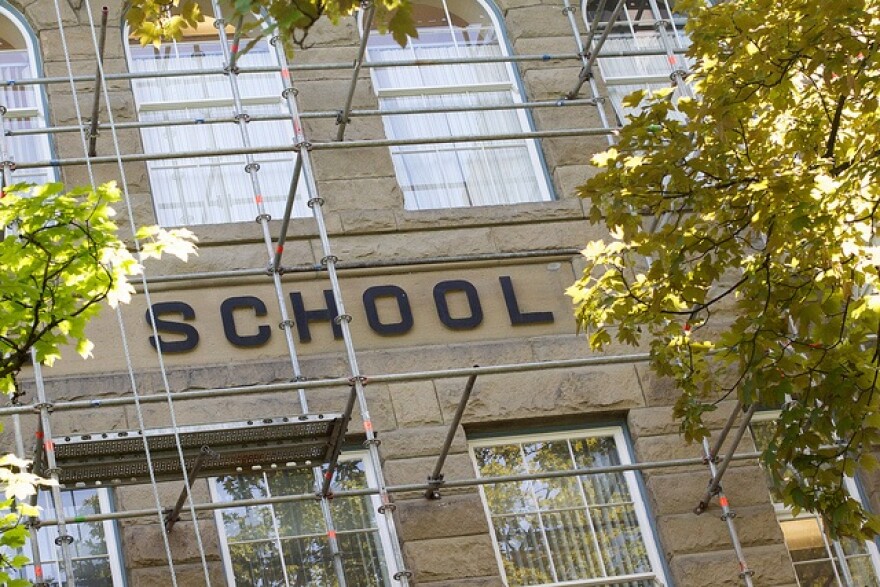The Connecticut House of Representatives will consider legislation that would increase funding for public schools across the state.
In 2017, Connecticut lawmakers created a school funding formula that would go into effect in the 2019 fiscal year with a 10-year phase-in. The formula would roll out funding for lower-income districts and decrease funding for wealthier districts. This means “full-funding” would be reached by 2030.
State Representative Jeff Currey, D-East Hartford, said this new bill would fast-track the funding formula so poorer districts would receive their funding beginning in 2025.
“We currently have a disjointed education funding system with too many funding streams that many people simply don’t understand and what we have done in House Bill 5283 is that we have simplified this process,” Currey said.
State Representative Antonio Felipe, D-Bridgeport, said this will help address the existing racial disparities in the education system.
“This is where it all starts. I am not going to lie to you and say this is the end of the road. This is where we have the launching pad to begin a real educational change in the state of Connecticut that’s equitable for all students,” Felipe said.
According to the state Office of Fiscal Analysis, 99 of the state’s 169 public school districts will receive an increase under the proposed legislation. The bill would mean significant increases for schools in East Hartford ($10.9 million), New Britain ($18.2 million) and Manchester ($8.5 million). The state’s largest city, Bridgeport, will receive an increase of $3.5 million. Stamford would get $7.5 million, and $19.4 million for New Haven schools. Districts deemed overfunded by the formula will receive less state funding.
Supporters of the bill said the additional money in 2025 will help to ease the loss of funding when the federal coronavirus relief of $1.5 billion expires in 2024.
Last month, the state Legislature’s education committee advanced the bill with a 27-12 vote.


